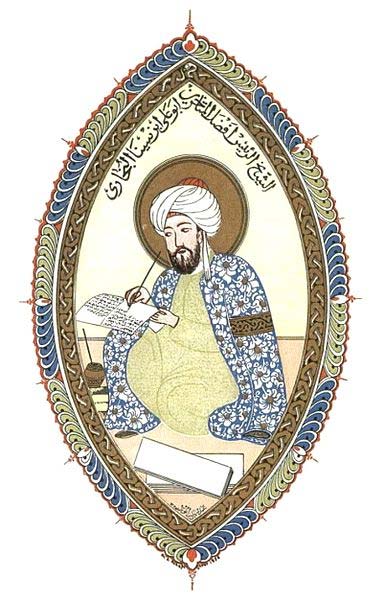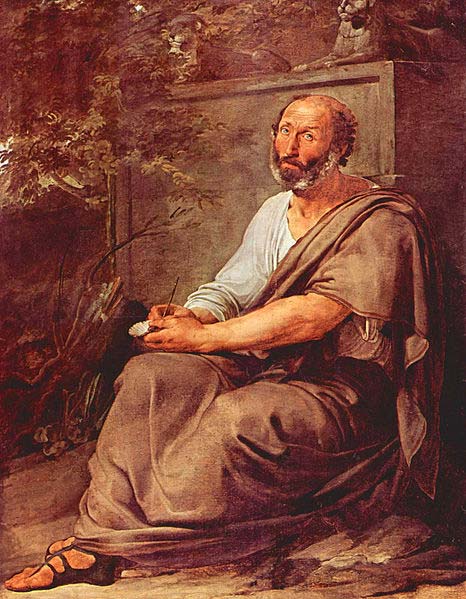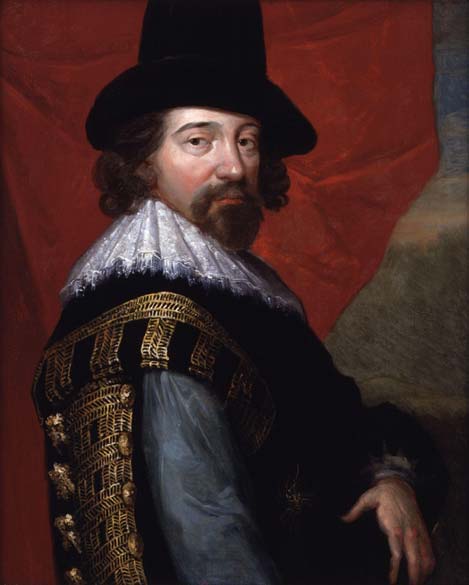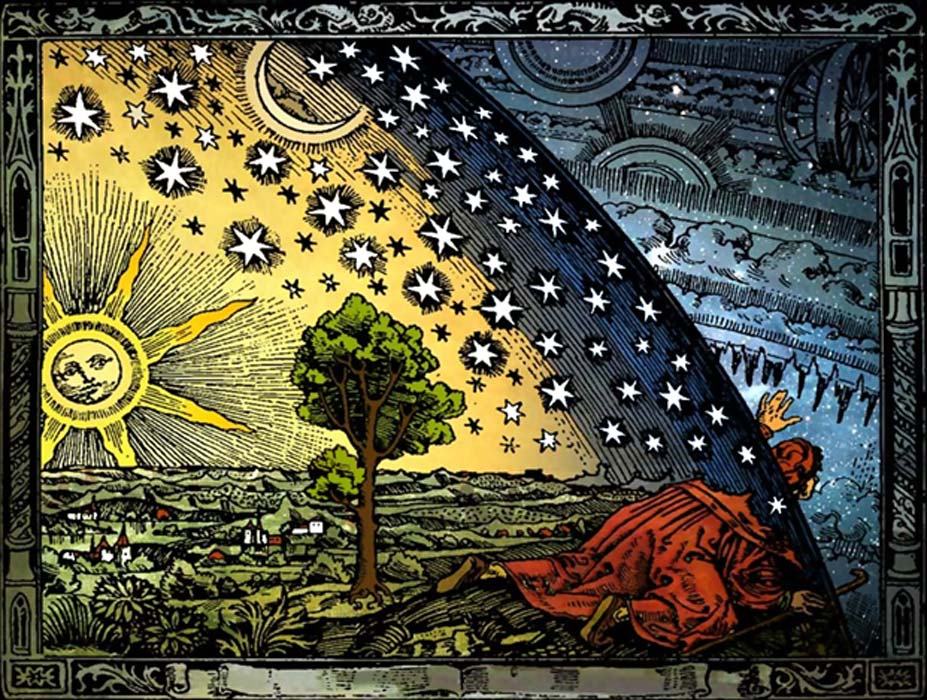Religion Isn’t The Enemy of Science: It’s Been Inspiring Scientists for Centuries
Take notice of any debate in the media and you’ll see that science and religion are, and always were, at loggerheads. Science is about evidence-based fact, religion is about faith-based belief.
But repeating statements endlessly in the media doesn’t make them true. The actual entanglements of religious tradition and the development of science are far more interesting than the superficial conflict common today – and far more important. And rethinking how we view the relationship between science and religion could help give scientific thinking the wider public support it needs.

Ibn Sina (Avicenna). Wikimedia Commons
Historical Science Tied to Religion
The history of scientific thought is closely linked to that of religious thought, and with much more continuity than discontinuity. The ancient Greek philosopher Aristotle effectively set the Western template for studying the natural world in the 4th century BC. Most of his hugely influential scientific works were lost to Europe after the Roman Empire collapsed, but were developed by Muslim Arab thinkers like Ibn Sina (Avicenna) and Ibn Rushd (Averroes) from around 900AD to 1300AD. Early Islamic figures were responsible for very rapid progress in a number of scientific fields, notably maths, medicine and the study of light (optics).
When Aristotle was reintroduced to Europe in the 12th century, his scientific work had a great influence on medieval scholars, who were invariably thinkers within a church, synagogue or mosque. A key example is the 13th-century Oxford theologian and later Bishop of Lincoln, Robert Grosseteste, who was also a pioneering early scientist. He presented a vision for how we might obtain new knowledge of the universe, the dawning of the first notions of experiment, and even a “big bang” theory of the cosmos and a concept of multiple universes.

Aristotle by Francesco Hayez (public domain)
Yet underneath Grosseteste’s work lies a much deeper and developing philosophy of nature. In a commentary on Aristotle’s Posteria Analytics, he describes a uniquely human propensity he calls (in Latin) “sollertia”. By this he means a sort of intense and perceptive ability to look beyond the surface of the material world into its inner structure.
Science, Seeing Further Than Others
This is remarkably similar to our approach to science today. Isaac Newton described his science as “seeing further than others”. For Grosseteste, our sollertia comes in turn from being created in the image of God. It is a theologically motivated task that contributes to the fulfilment of being human.

Francis Bacon. Wikimedia Commons
When 16th-century philosopher Francis Bacon argued for a new experimental approach to science, he drew explicitly on such theological motivations. As the historian of science Peter Harrison argues, the scientific pioneers who followed Bacon, such as Newton and chemist Robert Boyle, saw their task as working with God’s gifts of senses and minds to recover a lost knowledge of nature.
Taking this history lesson seriously helps us see just how ancient the root system of science is. Insisting that science is a purely modern advance does not help the important process of embedding scientific thinking into our wider culture. Forcing people to separate science from religion at one extreme leads to damaging denials of science if faith communities can’t integrate the two.
Biblical science
In fact, science also has roots in ancient Jewish history that are as influential as the ancient Greek precedents. Philosopher Susan Neiman recently argued that the Biblical Book of Job should be understood as a foundation pillar of modern philosophy alongside Plato. This is because Job deals head-on with the problem of an apparently chaotic and fitful world, alien to the human predicament and unmoved in the face of suffering. And this, Neiman claims, is the starting point for philosophy.
It might also be the starting point for science, for Job also contains at its pivotal point the most profound nature poem of all ancient writings. Its verse form of questions is also striking to scientists from all ages, who know that asking the right creative questions – rather than always having the correct answer – is what unlocks progress.
So God asks Job:
Have you journeyed to the springs of the sea?… Where is the way to the abode of light?… From whose womb comes the ice?… Do you know the laws of the heavens? And can you apply them to the earth?
In all, the book contains as many as 160 questions from the fields we now know as meteorology, astronomy, geology and zoology. The content of this timeless text has clearly steered the story of science for centuries.
Faith communities urgently need to stop seeing science as alien, or a threat, but rather recognise their own part in its story. The influence people of faith have on society through their relationships can then be hugely supportive of science.
To give one current example, the Church of England has recently cosponsored a major national project, Scientists in Congregations. This encourages local churches to stimulate communities’ awareness of current scientific issues that affect society, such as the growth of artificial intelligence.
By embracing and supporting science, in turn, religious communities can contribute important perspectives on how we use it in our global future.
The article ‘Religion isn’t the enemy of science: it’s been inspiring scientists for centuries’ byTom McLeish was originally published on The Conversation and has been republished under a Creative Commons license.
Tom McLeish spoke at an event entitled The Science of Belief, organised with the Royal Society at the British Museum on January 26, 2018.
Top image: Camille Flammarion engraving, 1888 (CC by SA 3.0)


















Comments
In the beginning, before science, there were fables and philosophy.
Then observation and logic started, while the religions still controlled society and the new scientists.
Eventually the sciences saw no need for any gods - but religions still try to control society with their known lies!